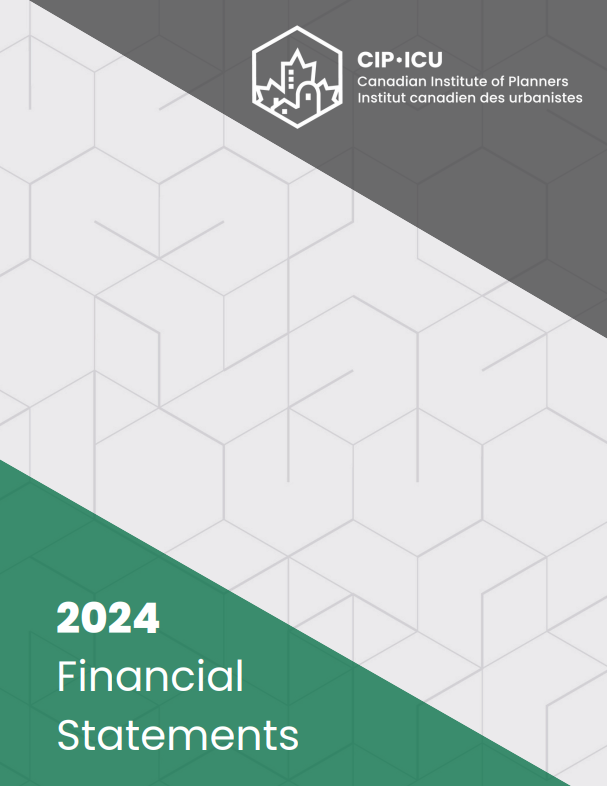About
Governance
Annual Reports and Financial Statements

CIP’s 2024 Annual Report and Financial Statements are now available
CIP Bylaws
Bylaw Number One
A bylaw relating generally to the conduct of the affairs of the Canadian Institute of Planners hereinafter referred to as the Institute and translated in French to “Institut canadien des urbanistes”.